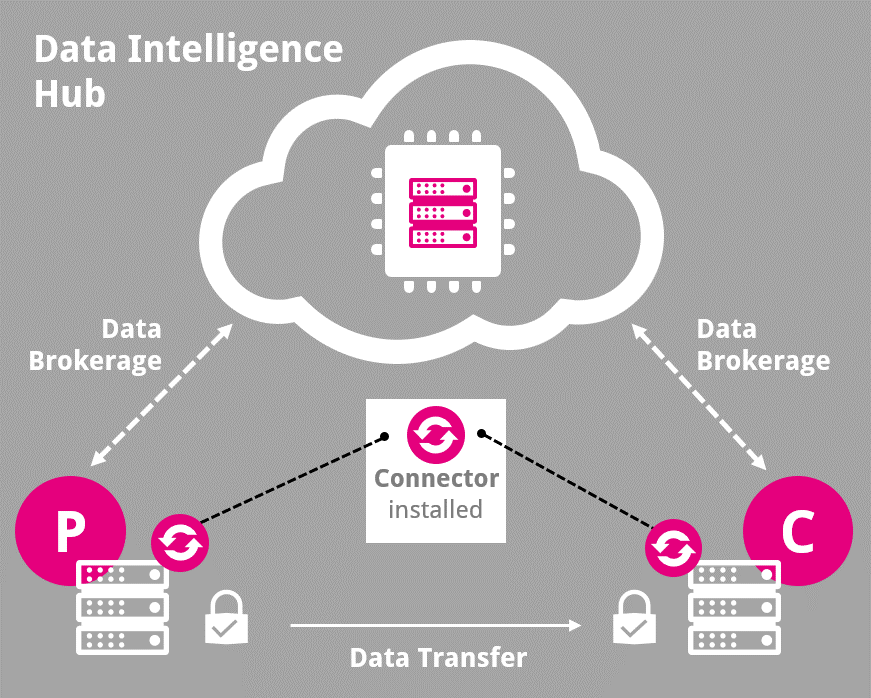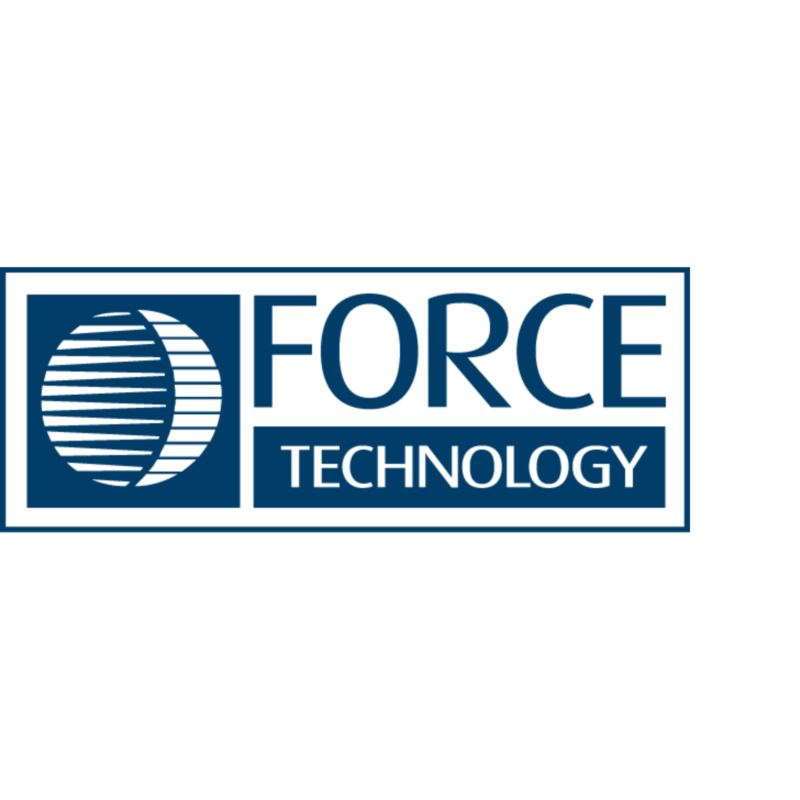Data Sharing & Data Pools
Today, data sharing and data pools are a source of competitive advantage in digital business. German Federal Minister Altmaier recently advocated European data pools to ensure the competitiveness of companies in Europe, particularly small and medium sized enterprises (German Federal Minister Altmaier Advocating Data Pools)
How to create a data pool? How to make it safe, how to maintain data rights or in other words, how to ensure data sovereignty?
IDSA is providing the blueprints with an architecture to ensure that participants can share and pool data while maintaining data sovereignty. Deutsche Telekom’s IoT business is one of the pioneers offering a first implementation with its Telekom Data Intelligence Hub. It introduced an IDS-based Connector solution (see IDS RAM 3.0) for data sharing with governance controls at the 2019 Hannover Trade Fair.
The Data Intelligence Hub
The Data Intelligence Hub functions as a neutral data custodian with the highest security standards, and it can guarantee the respective data sovereignty through decentralized data storage. It is implementing IDS as a cloud-based service offering to reduce the cost and time of sharing data. With the platform-as-a-service design the hub makes data pools accessible for small companies as well as cities, and even other service providers and consultancies that may lack the resources and cloud expertise of a large enterprise.

Start implementing IDS yourself: First IDS implementations are critical so that potential users can stop talking and start doing, creating and testing first prototypes and solutions.
Starting is easy!
The Telekom Data Intelligence Hub offers free test accounts with a few limited features. It also offers a “Data Sandbox” for experiments with data analytics. This sandbox is available on an invitation basis only, it is virtual, cloud-based and explicitly about prototyping: Think big, start small, fail early, scale fast. Test user’s data can be complemented and enriched with data from the Data Intelligence Hub – provided for free under certain circumstances. For example, it can assist with “people traffic data” from Motionlogic, an expert on the analysis of traffic and movement streams based on anonymous signaling data from mobile communication networks.
For the “Data Sandbox”: Click here
For a story with the Motionlogic use case “Space Race”: Click here
More blog articles from Professor Christoph Schlueter Langdon: Click here
C-LINKS:
Blog post “German Federal Minister Altmaier Advocating Data Pools“: Click here
IDS Reference Architecture Model: Click here
Telekom joins IDSA ; 2019 Hannover Messe: Click here









